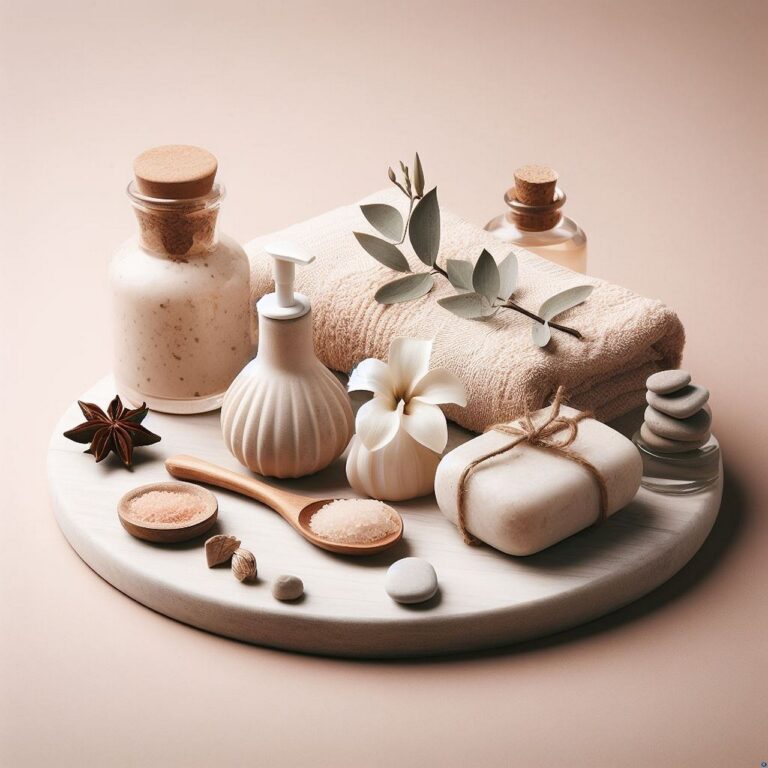Exploring the Benefits of Herbal Remedies in Modern Healthcare
Herbal remedies have been used by various cultures for centuries to treat a wide range of ailments. Ancient civilizations such as the Chinese, Egyptians, Greeks, and Romans utilized plants and herbs for their medicinal properties. Records of herbal remedies can be traced back to early writings including the Ebers Papyrus from ancient Egypt and the Ayurvedic texts from India.
The use of herbal remedies continued to evolve throughout the Middle Ages with the contributions of scholars like Avicenna and Hildegard of Bingen. These individuals played a significant role in documenting the benefits of various herbs and plants in treating illnesses. Herbal medicine was often the primary form of healthcare during this time, with knowledge being passed down through generations within communities.
The Rise of Herbal Remedies in Modern Healthcare
In recent years, there has been a notable increase in the utilization of herbal remedies within modern healthcare practices. This surge can be attributed to a growing interest in natural and alternative medicine among patients and healthcare providers alike. With a focus on holistic well-being and personalized treatment approaches, herbal remedies have gained recognition for their potential health benefits and minimal side effects.
Moreover, the popularity of herbal remedies in modern healthcare can also be linked to a shift towards preventive medicine and a desire to reduce dependency on pharmaceutical drugs. Patients are increasingly seeking out natural solutions to help manage and alleviate a variety of health issues, leading to a rise in the incorporation of herbal remedies into treatment plans across a wide range of medical specialties. This trend highlights a broader movement towards integrative healthcare, where traditional and alternative practices are being integrated to optimize patient outcomes and overall wellness.
Common Herbal Remedies Used Today
Herbal remedies have gained popularity in recent years, with many people turning to natural alternatives for various health concerns. One commonly used herb is turmeric, known for its anti-inflammatory properties. Turmeric can be taken in supplement form or added to dishes for its health benefits.
Another popular herbal remedy is ginger, often used to help with digestive issues such as nausea and indigestion. Ginger can be consumed as a tea, added to recipes, or taken in supplement form. Its natural properties make it a go-to option for many seeking relief from stomach discomfort.
What is the history of herbal remedies?
Herbal remedies have been used for centuries by various cultures around the world for their medicinal properties. Ancient civilizations like the Egyptians, Greeks, and Chinese all utilized herbs for healing purposes.
How have herbal remedies become popular in modern healthcare?
With a growing interest in natural and holistic medicine, herbal remedies have gained popularity in modern healthcare. Many people are turning to herbs as an alternative to traditional pharmaceuticals.
What are some common herbal remedies used today?
Some common herbal remedies used today include Echinacea for boosting the immune system, ginger for digestion, ginkgo biloba for cognitive function, and chamomile for relaxation.
Are herbal remedies safe to use?
While herbal remedies are generally considered safe, it is important to consult with a healthcare provider before using them, especially if you are pregnant, nursing, or taking medications. Some herbs can interact with certain medications and cause adverse effects.







